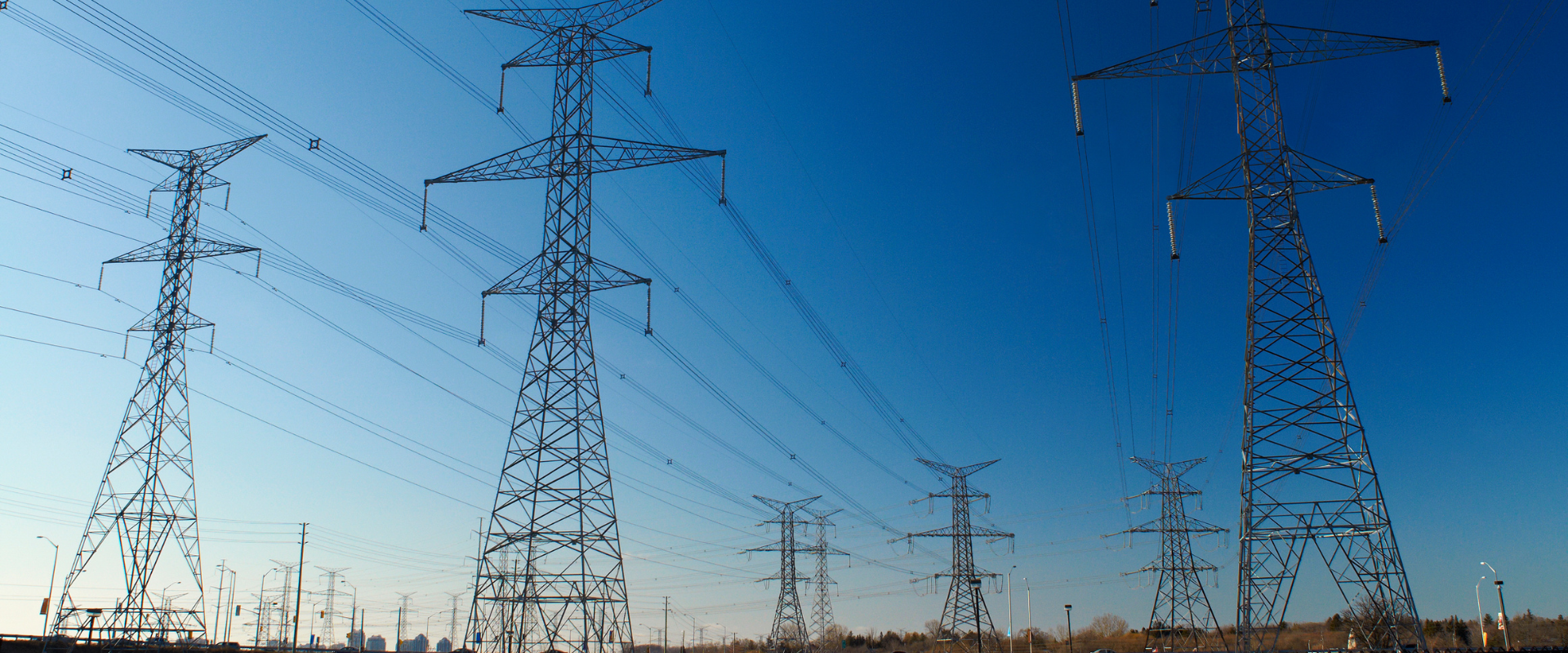
The British Industry Supercharger scheme – what does it mean for Energy Intensive Industries?
10 August 2023 | 10 minutes
Here, we examine the latest developments relating to the British Industry Supercharger scheme and consider the options raised ahead of the consultation concluding on 24th August.
What does the scheme mean for large business energy consumers?
Proposed by the Department for Businesses and Trade, and the Department for Energy Security and Net Zero, the potential measures involve reducing the network charge element of energy bills for more than 300 qualifying businesses, as well as introducing exemptions from Capacity Market costs.
The British Industry Supercharger scheme 1 also proposes to classify some energy-intensive firms as exempt from certain surcharges typically paid to assist with the transition to renewable energy, such as the Feed in Tariff, Renewables Obligation and costs relating to the Contracts for Difference (CfD) auction schemes.
These proposals are set to undergo a full consultation this Spring, ahead of their anticipated implementation in Spring 2024.

Why is support for EIIs so important?
On average, between 2016-2020, Ofgem analysis found that British EIIs faced electricity prices that were 50% higher than their EII competitors in France and Germany and nearly 40% higher than EIIs in the Netherlands, even after taking into account all of the supports and reliefs currently available.
This put British EIIs at a competitive disadvantage with the potential for significant job losses and disinvestment in the sectors impacted such as steel, metals, paper, automotive manufacturing and chemicals.
The package of measures set out by the Supercharger scheme will support approximately 300 qualifying companies in those sectors most at risk. Once fully implemented, the measures are expected to reduce electricity costs by approximately £20/MWh, significantly closing the price gap with competitor nations, without undercutting the UK’s nearest neighbours, reflecting the interconnected nature of energy systems across the UK and Europe.
What measures are in the scheme and when are they being implemented?
The package of measures includes an increase from 85% to 100% relief through the exemption scheme from the costs of the renewable levies, a 100% indirect exemption from capacity market charges and compensation on network charging costs through an EII Network Charging Compensation (NCC) scheme.
The Government is currently seeking views on the proposed NCC scheme, as well as its funding mechanism. Meanwhile, the Renewables Levy Exemption Scheme increase to up to 100% will be implemented once the Energy Bill Discount Scheme (EBDS) concludes in April 2024 and is anticipated to amount to a £5/MWh reduction in costs from current levels. A similar reduction is expected to be achieved by the Capacity Market Exemption element, also due to be rolled out in 2024.
The consultation on NCC charges
This part of the Supercharger scheme is designed to reduce costs by a further £10/MWh and is due to be implemented in 2025. The Government is seeking views from a wide range of audiences, including energy intensive industries (whether currently benefitting or not from the existing exemption scheme), energy suppliers, other electricity consumers, trade bodies, consumer associations, the devolved administrations, and other interested parties ahead of the deadline at 6pm on 24th August.
We encourage businesses to respond to the consultation2 to ensure that implementation ultimately does improve their competitiveness in the years ahead.
This consultation sets out:
1. The context of EII electricity costs and the rationale for the need for government action, which was included in the May 2023 Consultation on the British Industry Supercharger package for strategic Energy Intensive Industries (EIIs);
2. The proposed delivery of the EII Network Charging Cost Compensation Scheme;
3. The role of Ofgem;
4. The impact of the proposed measure on other, non-domestic consumers.
Specifically, it wants views on the following:
Do you agree with the proposal to compensate a proportion of all network charging costs?
Are there other network charging costs hereby not included within TNUoS, DUoS and BSUoS that should be included within the scope of the Network Charging Compensation Scheme?
Do you agree with the proposal to not compensate any network charging costs associated with use of the gas network?
Do you agree with the proposal to not compensate any costs associated withuse of a private wire network (excluding those costs that can be evidenced as
passed through network charging costs)?
Do you agree with the proposal to not compensate any costs associated with new connections to the electricity network?
Do you agree with the proposal to compensate EIIs on a quarterly basis, in arrears, for their network charging costs? If not, what alternatives could UK Government consider?
There are also questions related to proposals for a levy on suppliers, how such a levy will be administered and how and when the costs will be passed on to customers.
What support is already available for energy intensive industries?
The government's press release states that it has already provided some £522m of energy bill support for energy-intensive industries, including £122m waived emissions trading costs under the Energy Intensive Industries Compensation Scheme. In addition, more than £400m of reduced electricity costs were delivered through exemption from green surcharges in 2020. The compensation scheme was extended for another three years in April 2022.
Another incentive offered by the Government is the Industrial Energy Transformation Fund, which was launched in 2018 and is set to run until 2027. This initiative helps businesses introduce technologies that can help to reduce their fossil energy use. These include either energy efficiency technologies, or more innovative solutions, such as those enabling the use of electricity or hydrogen in industrial heating processes.
The plans for the British Industry Supercharger scheme aim to bring energy costs of the UK’s energy intensive industries in line with those charged across the world’s major economies. Specifically, support will be made available to sectors particularly exposed to the cost of electricity.
The proposals build on the government’s Energy Security Strategy, published in 2022, which commits the government to taking decisive action in addressing the UK’s industrial electricity prices, which are higher than those of other comparable countries.
View our online content disclaimer.
Related articles


